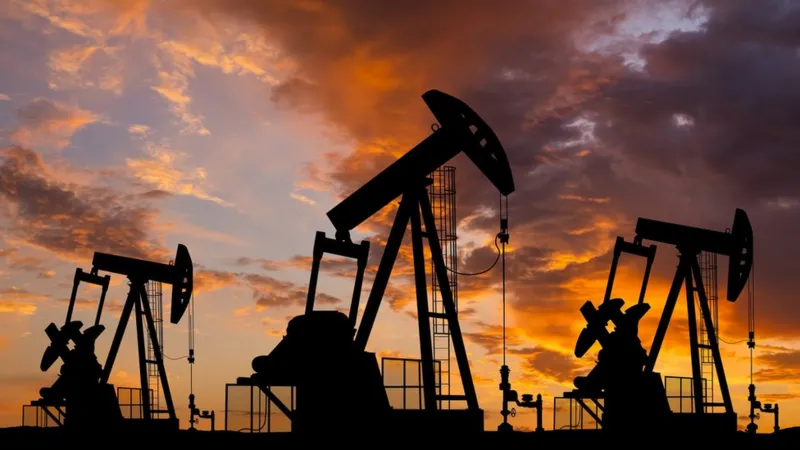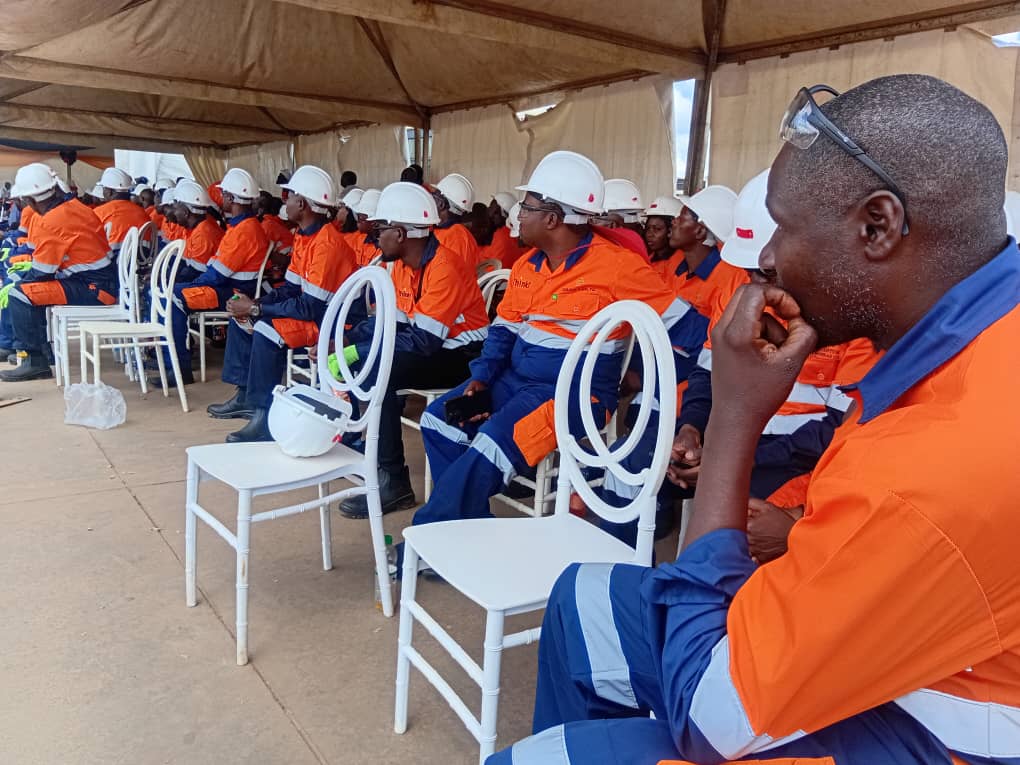Countries and oil companies at the UN climate talks have promised to make major progress in tackling global warming in a large new energy pledge.
Around 100 countries promised to treble world renewable energy use by 2030.
And 50 oil and gas companies including Saudi giant Aramco pledged to stop adding to planet-warming gases by 2050.
That only covers emissions from production, not the burning of fossil fuels and critics said it would not meaningfully tackle climate change.
But countries pledging to triple renewable energy at the COP28 summit in Dubai said it would help remove fossil fuels from the world’s energy system by 2050 at the latest.
Supporters, including the EU and COP28 host country the United Arab Emirates (UAE), want the pledge to be included in the final deal made at COP, meaning all of the nearly 200 countries represented here would sign up.
Climate groups cautiously welcomed the promise to ramp up renewables, but said that promises by oil and gas companies were “greenwashing”.
“I am very sceptical,” said Prof Bill Hare, CEO of Climate Analytics and author of numerous UN climate change reports.
“The real challenge for the oil and gas sector is to move away from producing oil and gas,” he said. “Nothing else really matters in the end.”
Fatih Birol from the International Energy Agency told BBC News that the fossil fuel industry should reduce its emissions from production by 2030, 20 years earlier than the date promised. They account for around 15% of global emissions – and that’s before you even count the gases given off when their products are used to power vehicles and heat homes.
He said it is “facing a moment of truth now in Dubai… Is it going to be partnering with the rest of the world.. Or is it going to stick to their business plans?”.
Addressing the summit on Saturday, COP28 President Sultan al-Jaber said the new pledge “adds up to more countries and more companies from more sectors than ever before, all aligning with our North Star of 1.5C”.
World leaders agreed in Paris in 2015 to limit global warming to that amount.
Burning huge amounts of oil, gas and coal is driving climate change but leaders cannot yet agree on how fast the world should stop using them.
Mr Jaber called Saturday’s pledge “a great first step”.
“Whilst many national oil companies have adopted net zero 2050 targets for the first time, I know that they and others, can and need to do more,” he said. “We need the entire industry to keep 1.5C within reach and set even stronger ambitions for decarbonisation.”
The UAE says the Decarbonisation Charter will speed up climate action as oil and gas companies that account for 40% of the world’s emissions promise to become net zero by 2050.
Reaching net zero means stopping adding greenhouse gases into the atmosphere.
Carroll Muffett, president of the Center for International Environmental Law, however, said that the only way to ‘decarbonize’ carbon-based oil and gas is to stop producing it “quickly, completely, and permanently”.
“Anything short of this is just more industry greenwash.”
The 50 companies, which also include the UAE’s state oil company, also pledge to almost entirely stop releasing the potently planet-heating gas methane during oil and gas production by 2030.








